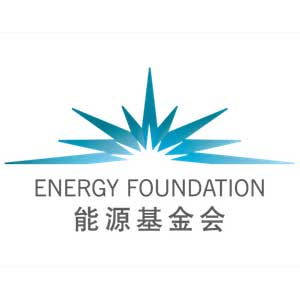Sep 1, 2015
In June 2014, Tsinghua University invited total 52 faculty and students from four famous universities to participate in the four-week “2014 Beijing Low Carbon Urban Design Joint Studio.”
Aug 10, 2015
This report attempts to flash out actual and certified FC gaps in China based on official FC certified data available and voluntary actual FC data collected from drivers across China through BearOil App and to suggest and assess reasons for causing the gap (e.g. by model and by location).
Jun 30, 2015
This brief is meant to inspire Chinese EV stakeholders to converse on the topic of ZEV program design and action plan for China. A former iCET report described the California ZEV program, evaluated its effectiveness through qualitative and quantitative research, and studied its history and inception process. This former work was introduced to national and local stakeholders in China, including the government, academic, and private sectors through workshops, round tables, and meetings. The process of stakeholders’ engagement was important on its own, as it unveiled concerns and challenges facing a China-tailored program.
Nov 1, 2014
This project is aimed at evaluating recent innovative schemes for incentivizing sustainable vehicle and fuel production and financing clean transportation technology development through the industry players themselves. The first, the California Zero Emissions Vehicles (ZEV) credit scheme, is unique program that evolved over a twenty year period and was able to drive local low-emissions vehicle innovations through a mandate combined with market-based implementation mechanism. The second is a recent Cap-andTrade scheme aimed at incentivizing energy and fuel supply through market forces. The two programs, although not officially linked, are both serving similar air-quality improvement and fuel and GHG emissions reduction targets under the state’s scoping plan for better air quality and later on - reduced GHG emissions. After outlining these programs’ development and evaluating their success, this report will highlight the potential and impediments for similar programs design for implementation in Chinese cities.
